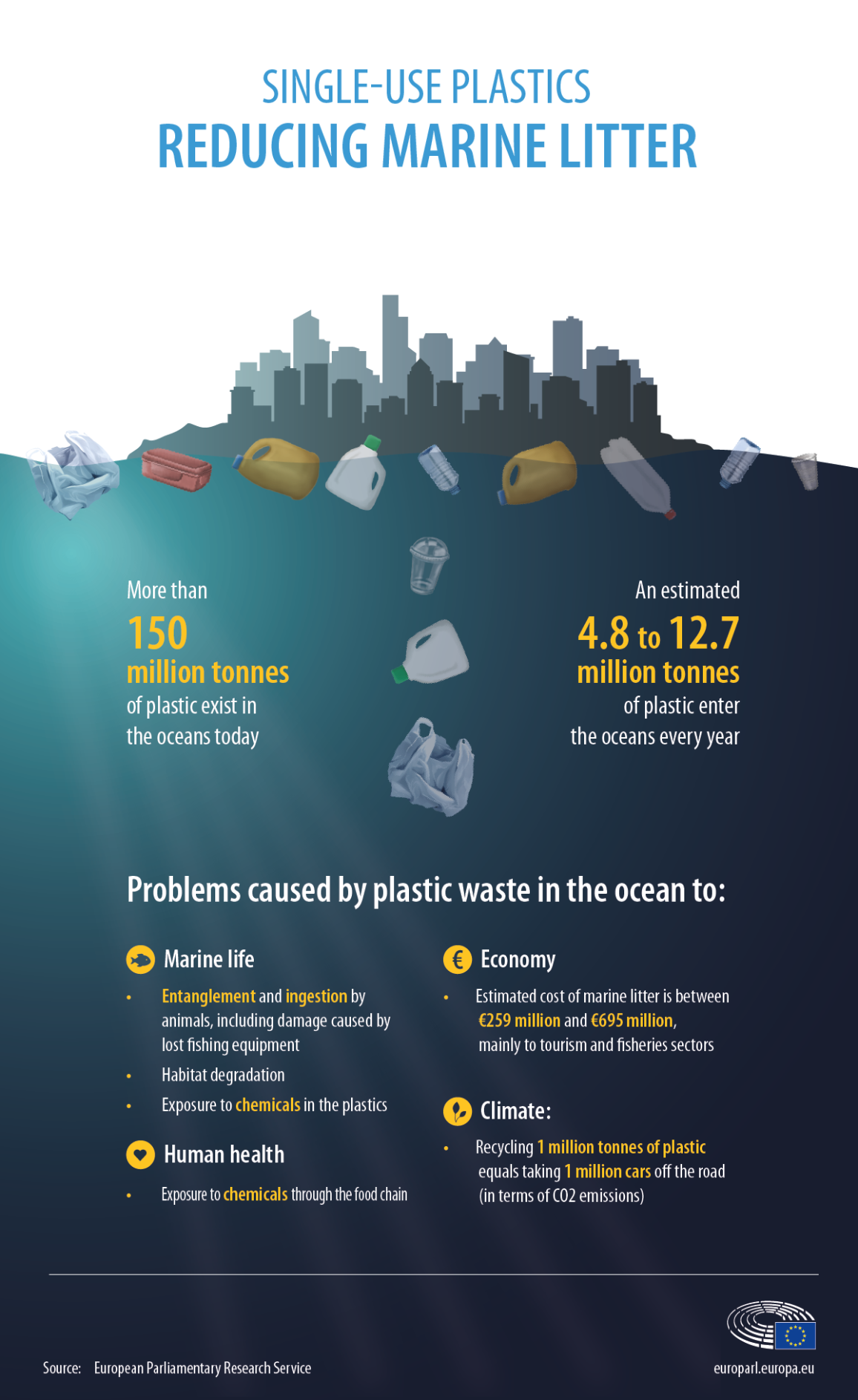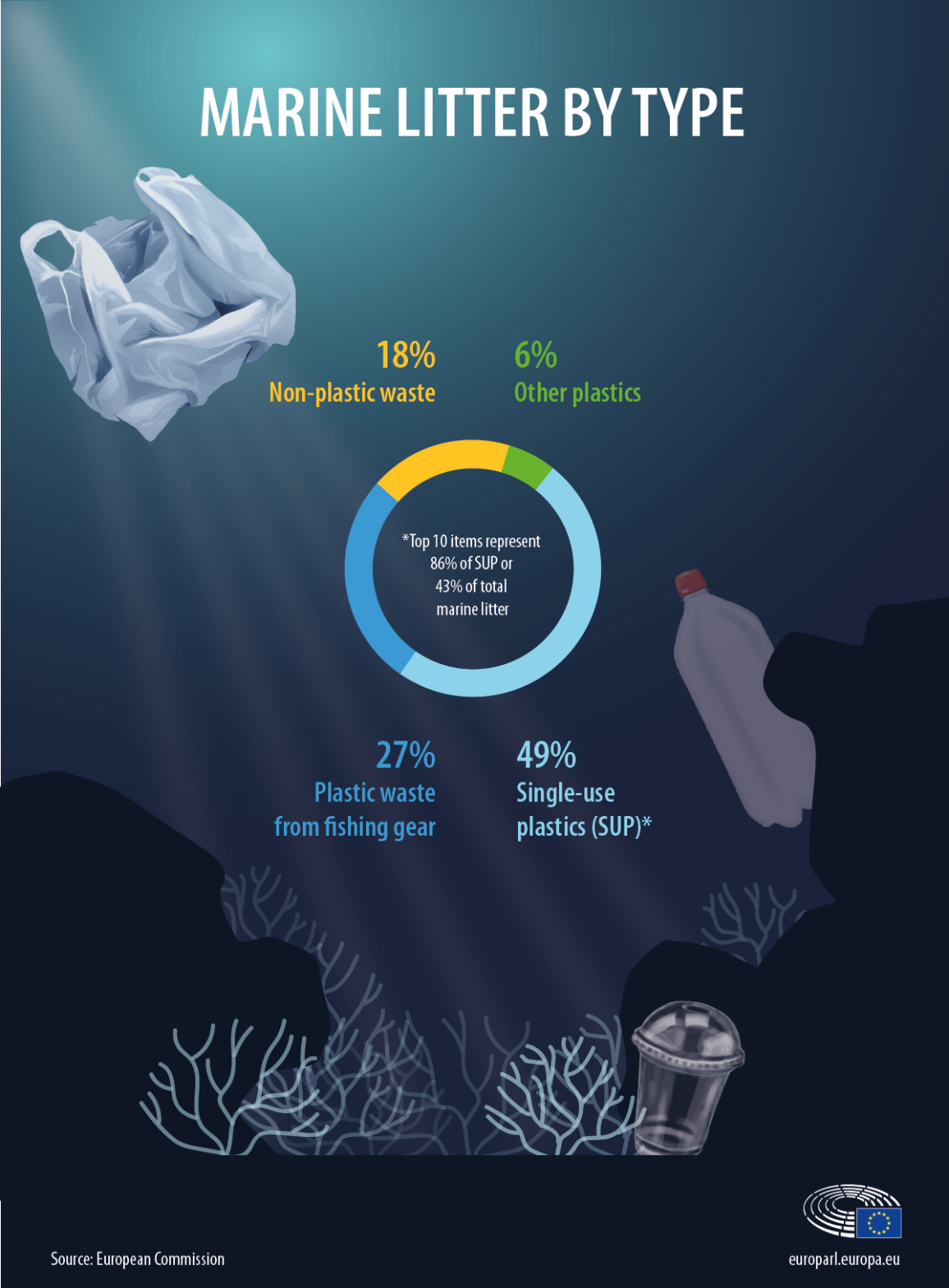The problem:
Size and material are two of the biggest factors for recyclability: in general, the smaller a package and the greater its mix of materials, the less recyclable it is. While consumers and businesses may think that sleek, recyclable containers are sustainable, experts note that single-serving foods, including yoghurt and coffee cups, are especially problematic. Their small size and – in the case of yoghurt cups, difficult-to-recycle plastic – tend to make them a tough sell for recyclers.
Who does it?
Most common single-serve foods, including cups of coffee, violate the material and size rule. Yoghurt, especially, is a problem – the majority of yoghurt companies, ranging from giants like Danone and Chobani, to smaller independent producers, use packaging that is difficult to recycle.
Unfortunately sweet wrappers fall in this category, in fact anything small is sifted out and burnt.
What is the solution? On the recycling end, advances in technology could lead to new sorting machines and more sustainable polymers. Alternately, some companies, including Unilever, have redesigned their packaging to make it more sustainable. On the consumer end, many coffee chains, including Dunkin’ Donuts and Starbucks, allow customers to use reuseable coffee mugs.
So yet again it is due to the producers of all these things to get their acts together and redesign the packaging.
There are some yoghurts available in glass jars, which I like because the jars can then be reused or recycled!
Another option is compostable, biodegradable packaging. Some supermarkets, like Whole Foods and Trader Joe’s, are increasingly utilizing compostable and biodegradeable containers. Unfortunately, this is still uncommon. Green-conscious consumers can also opt to purchase larger size items and transport them in reusable or washable containers.
It seems like everyday we are finding out that the things we thought could be recycled, actually cannot be. So another item to go in with the general household waste. What a joke.
The blog song for today is: "Smoke on the water" by Deep Purple.
TTFN
The problem: Size and material are two of the biggest factors for recyclability: in general, the smaller a package and the greater its mix of materials, the less recyclable it is. While consumers and businesses may think that sleek, recyclable containers are sustainable, experts note that single-serving foods, including yogurt and coffee cups, are especially problematic. Their small size and – in the case of yogurt cups, difficult-to-recycle plastic – tend to make them a tough sell for recyclers.
Who does it? Most common single-serve foods, including cups of coffee, violate the material and size rule. Yogurt, especially, is a problem – the majority of yogurt companies, ranging from giants like Dannon and Chobani, to smaller independent producers, use packaging that is difficult to recycle.
What is the solution? On the recycling end, advances in technology could lead to new sorting machines and more sustainable polymers. Alternately, some companies, including Unilever, have redesigned their packaging to make it more sustainable. On the consumer end, many coffee chains, including Dunkin’ Donuts and Starbucks, allow customers to use reuseable coffee mugs.
Another option is compostable, biodegradable packaging. Some supermarkets, like Whole Foods and Trader Joe’s, are increasingly utilizing compostable and biodegradeable containers. Unfortunately, this is still uncommon. Green-conscious consumers can also opt to purchase larger size items and transport them in reusable or washable containers.












